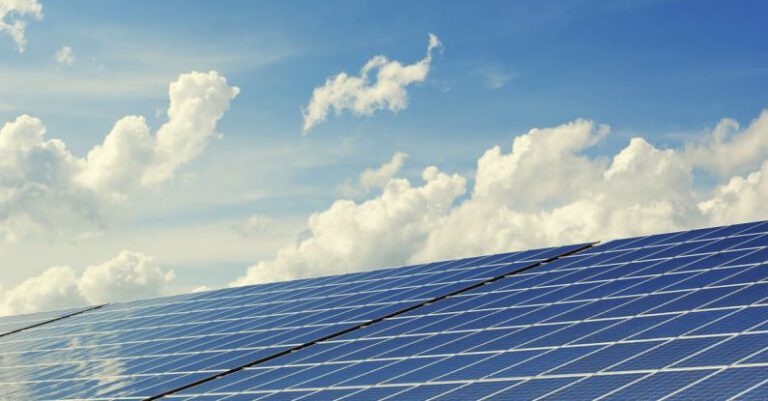Agriculture Investments: Technology and Sustainability
As the global population continues to grow, the demand for food production is increasing at a rapid pace. With limited arable land and the effects of climate change becoming more pronounced, the agricultural industry is facing numerous challenges. In order to meet the growing demand for food while ensuring the sustainability of our planet, investments in technology and sustainable practices have become crucial. In this article, we will explore how agriculture investments in technology and sustainability are shaping the future of farming.
The Role of Technology in Agriculture
Technology has revolutionized the way agriculture is practiced, making farming more efficient, productive, and sustainable. One of the key technological advancements in agriculture is precision farming, which involves using data analytics, GPS technology, and sensors to optimize crop production. By collecting real-time data on soil conditions, weather patterns, and crop health, farmers can make informed decisions to increase yields and reduce input costs.
Another innovative technology that is transforming agriculture is vertical farming. This method involves growing crops in stacked layers, often in controlled environments like warehouses or shipping containers. Vertical farming offers numerous benefits, including higher crop yields, reduced water usage, and the ability to grow food closer to urban centers, reducing transportation costs and carbon emissions.
Furthermore, the use of drones in agriculture has become increasingly popular. Drones equipped with cameras and sensors can provide farmers with valuable insights into crop health, pest infestations, and irrigation needs. By using drones, farmers can monitor their fields more efficiently and make timely interventions to prevent crop losses.
Sustainability Practices in Agriculture
In addition to technological advancements, sustainability practices play a crucial role in ensuring the long-term viability of agriculture. Sustainable agriculture focuses on minimizing the environmental impact of farming operations, conserving natural resources, and promoting the well-being of farmers and rural communities.
One key aspect of sustainable agriculture is soil health. Healthy soil is essential for crop growth and overall ecosystem health. Practices such as crop rotation, cover cropping, and reduced tillage help maintain soil fertility, reduce erosion, and sequester carbon in the soil. Investing in sustainable soil management practices not only benefits the environment but also improves crop yields and farm profitability in the long run.
Water management is another critical component of sustainable agriculture. With water scarcity becoming a major concern in many regions, farmers are adopting water-efficient irrigation systems, such as drip irrigation and rainwater harvesting. These practices help conserve water resources, minimize water wastage, and reduce the risk of water pollution from agricultural runoff.
Investing in Renewable Energy for Agriculture
Renewable energy sources, such as solar power and wind energy, are playing an increasingly important role in sustainable agriculture. By investing in renewable energy technologies, farmers can reduce their reliance on fossil fuels, lower their carbon footprint, and save on energy costs in the long term.
Solar panels installed on farms can generate clean electricity to power irrigation systems, farm buildings, and equipment. Wind turbines can also be used to generate electricity, especially in areas with strong wind resources. By harnessing renewable energy sources, farmers can not only reduce their operating costs but also contribute to the transition to a more sustainable energy system.
In Conclusion: Investing in the Future of Agriculture
Agriculture investments in technology and sustainability are key to addressing the challenges facing the agricultural industry today. By embracing innovative technologies, adopting sustainable practices, and investing in renewable energy, farmers can increase productivity, reduce environmental impact, and ensure the long-term sustainability of food production. As the world population continues to grow, agriculture investments that prioritize technology and sustainability will play a crucial role in feeding the planet while preserving our natural resources for future generations.






